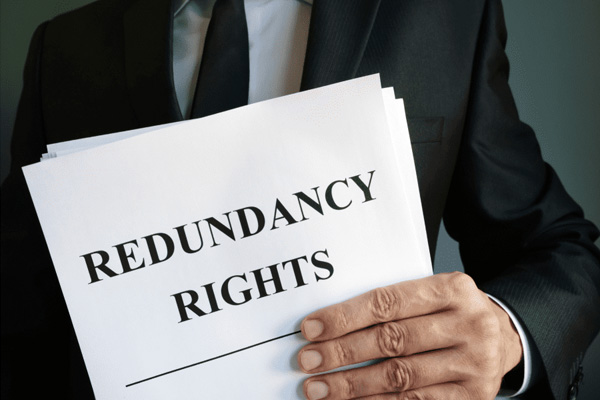Overview
Alberta has experienced economic turmoil as a result of low oil prices and, more recently, the COVID-19 pandemic. Unfortunately, many people throughout the country are losing their jobs as a result, which is why our lawyers are here to answer all of your questions regarding employment law.
Some employment matters we handle include:

Wrongful Dismissal

Constructive Dismissal

Employment Agreements

Workplace Accommodations

Human Rights Violations
What laws protect employees from discrimination?
Employees are protected by the Alberta Human Rights Act (“AHR Act”). The AHR Act protects against discrimination on grounds of sexual orientation, source of income, race, colour, or ancestry, gender, gender identity, gender expression, place of origin, marital status, family status, place of origin, age, and physical and mental disability.
The AHR Act applies to all parts of the employment process, which includes:
- Recruitment
- Assignments
- Promotions
- Employment Termination
Job Termination Types
When an employer lays off an employee, there are two categories: “with-cause” terminations and “without-cause” terminations. An example of a with-cause termination would be where an employee was found to have violated the terms of an employment agreement or committed a criminal act against an employer (i.e. theft). In that case, the employer is not required to pay the employee any severance.
In virtually all other cases, an employer is required to give adequate notice as defined by case law and the Employment Standards Code. Typically, the longer an employee has been working at a job, the longer the notice period (or pay in lieu thereof) will be.
Some of the factors used to determine the appropriate notice period include:
- The character of the employment
- The length of service of the employee
- The age of the employee
- The availability of similar employment that suits the experience, training, and qualifications of the employee.
Frequently Asked Questions
If you are terminated without cause, your employer will likely offer you a package of documents including some termination pay. We recommend you have a lawyer review this for you before accepting. There is usually a strict deadline to respond, so please reach out to us as soon as possible.
When this occurs, we suggest politely telling your employer that you would like to have their offer reviewed by a lawyer. If this happens, please let us know immediately. Our highly skilled team of professionals would be happy to meet with you to discuss all your options and help you determine the right move.
The Employment Standards Code and Human Rights Act prohibit employers from laying off, terminating, discriminating against, or even asking employees to resign because of pregnancy, childbirth, or taking maternity or parental leave. Canadian courts have awarded additional damages for an employer’s attempt to terminate an employee in situations like this. It is strongly advised for you to speak with a lawyer to discuss your specific situation.
The Alberta Human Rights Code prohibits discrimination on the grounds of race, religious beliefs, color, gender, gender identity, physical disability, mental disability, and age (with some qualifications). If you believe that you have been the victim of such discrimination, contact one of our lawyers so we can get to work advocating for your rights.
In many cases, Guardian Law Group LLP may or may not take employee-side matters on a contingency fee basis, meaning that we only get paid as a percentage of your recovery when you get paid. In this area of the law, our contingency rate only applies to any additional settlement or judgment that we are able to obtain for you.
Please contact us for further details.
“Constructive dismissal” is when an employee is forced to resign due to the employer creating an intolerable work environment. Since the employee is being forced into resigning, it is seen as a termination by the employer and the employee is entitled to a severance package.
The Limitations Act typically provides a two-year limitation to sue from when you knew or ought to have known about a claim. This is usually two years from when you were terminated. Contact one of our lawyers to discuss your rights well in advance of this deadline.
However, it is best to address this as quickly as possible. If you have been terminated, contact us right away.









